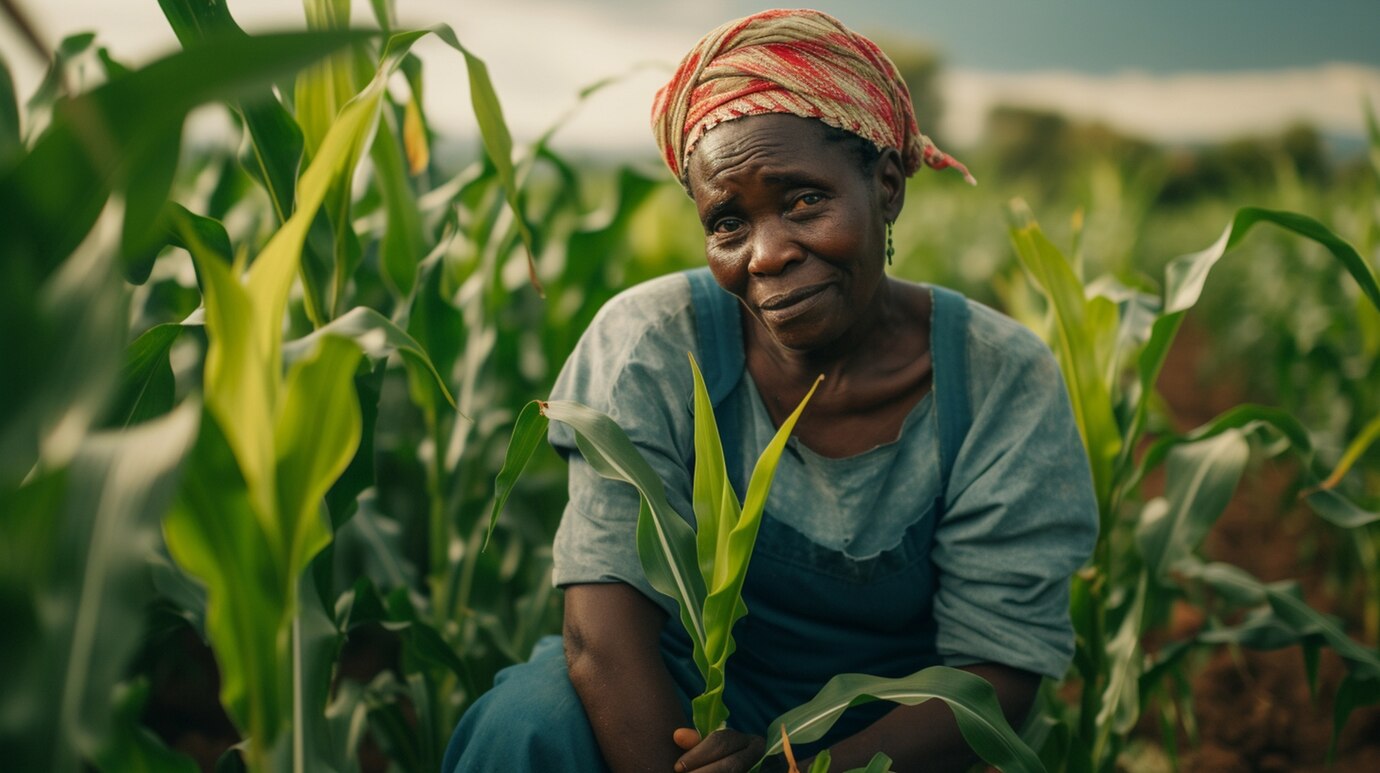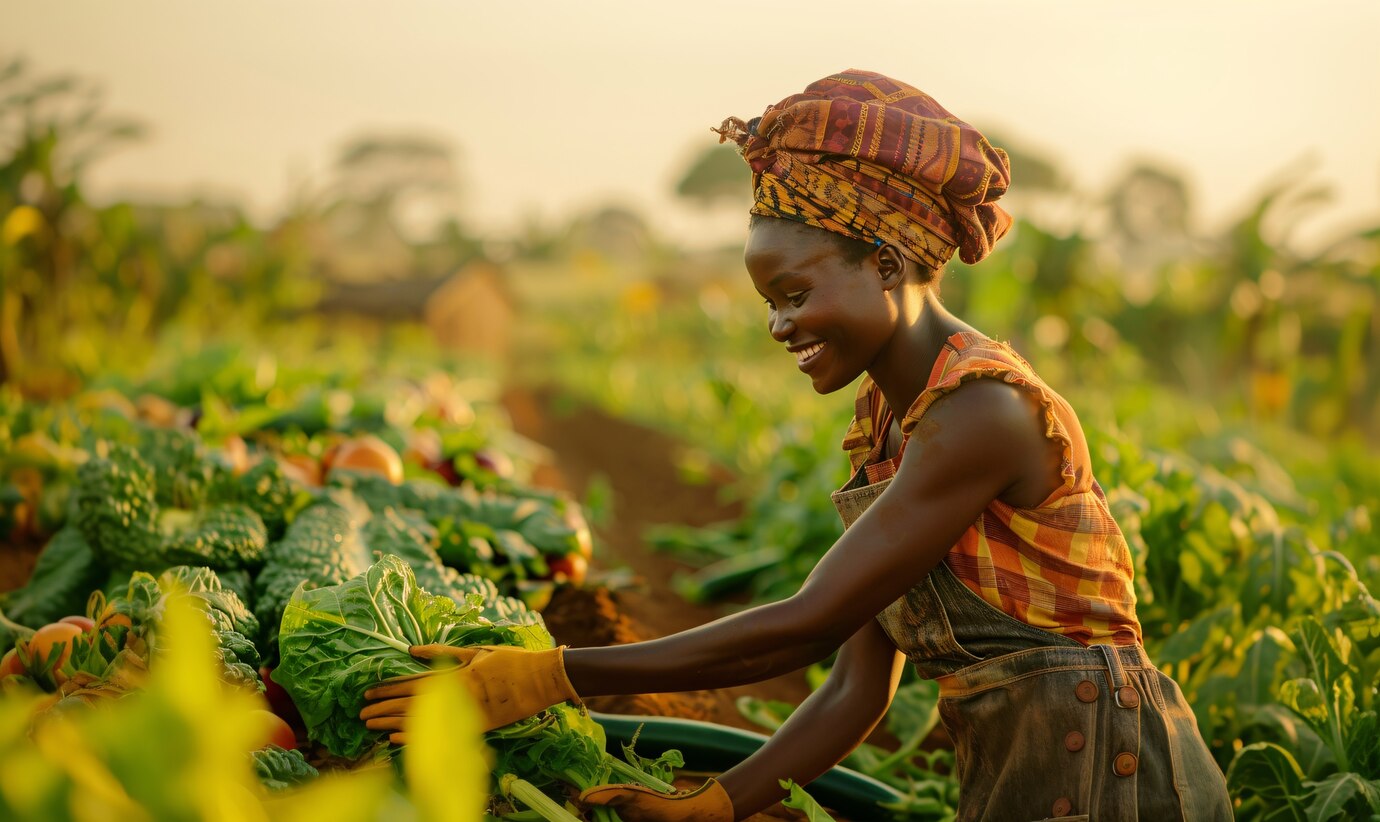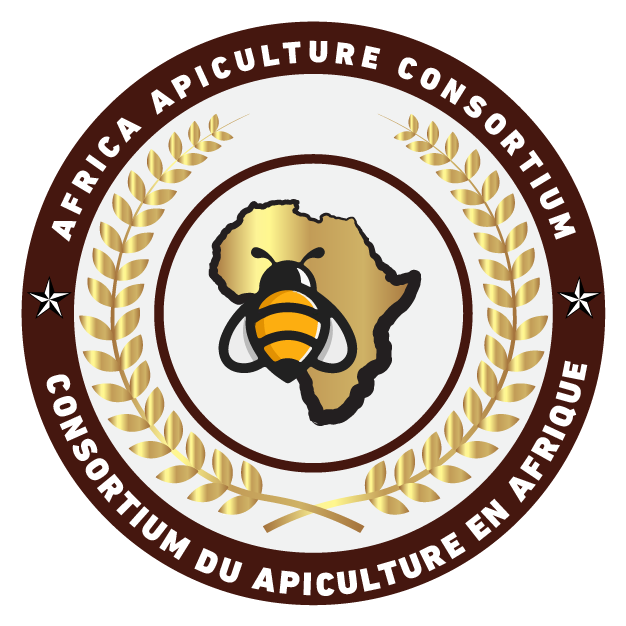Empowering Disadvantaged Groups
Gender Equality and Social Inclusion (GESI)
Empowering Women and Promoting Inclusivity
Gender Equality and Social Inclusion (GESI)
The project adopts a proactive approach to address barriers faced by women, youth, people with disabilities, and marginalized populations. Through capacity-building, gender mainstreaming, gender assessments, awareness campaigns, and innovative insurance facilities, we strive to ensure equitable outcomes and meaningful participation of all community members.

Contextual Challenges in Burundi
Understanding Disadvantage and Exclusion
In Burundi, rural communities, particularly women, youth, people with disabilities (PWD), and marginalized populations, face significant barriers to participation and access to resources. These barriers arise from systemic issues such as limited access to education, finance, and productive assets, unequal distribution of power, and discriminatory social structures. These factors collectively hinder the ability of disadvantaged groups to participate equally in economic activities and decision-making processes, exacerbating their vulnerability and limiting their potential contributions to climate resilience and agricultural productivity.
Our Comprehensive Approach
Addressing Disadvantage and Exclusion
Capacity-Building and Training:
Empowering Through Knowledge
We provide training programs in agriculture finance, digital technologies, entrepreneurship, and business management, specifically targeting women, indigenous populations, and PWDs. This enhances their knowledge and capabilities, enabling active participation in the agriculture sector and informed decision-making. By equipping women and marginalized groups with the skills needed to engage in sustainable farming practices and other income-generating activities, the project fosters economic empowerment.
Gender Mainstreaming
Integrating Gender Perspectives
We ensure that women’s needs, perspectives, and contributions are considered and integrated into all stages of the project—design, implementation, and monitoring. Gender-responsive approaches address specific challenges faced by women, promoting their meaningful inclusion and ensuring that project benefits are equitably distributed.
Gender Assessments and Social Inclusion Analyses
Informed Interventions
We conduct comprehensive assessments to identify and understand the specific challenges faced by disadvantaged groups. The findings from these assessments inform the design and implementation of project activities, ensuring they are responsive to the needs of all community members.
Awareness Campaigns
Promoting Social Inclusion
We implement awareness and advocacy campaigns to challenge and change harmful gender norms and promote gender equality. These campaigns highlight the benefits of gender equality and the active participation of marginalized groups in community activities.
Innovative Insurance Facilities
Economic Stability for All
We provide reliable and affordable insurance to women and disadvantaged groups, creating opportunities for income generation and economic stability. Offering climate risk adaptation options reduces the burden on women and marginalized communities, increasing their productivity and freeing up time for education, economic activities, and community engagement.

Ensuring Equitable Outcomes and Meaningful Participation
Ensuring Equitable Outcomes and Meaningful Participation
The project seeks to ensure that all individuals achieve equitable outcomes through the following measures:
- Actively engaging disadvantaged groups in all project activities, ensuring their voices are heard and considered in decision-making processes.
- Establishing support structures such as women’s groups and youth forums to provide platforms for continuous engagement and feedback.
- Conducting regular assessments to monitor the participation and impact of the project on disadvantaged groups. Necessary adjustments will be made to project activities based on feedback and assessment findings to ensure that the needs of all community members are being met.
Measuring Success
Key Activities and Expected Outcomes
Key Activities:
- Conducting training sessions in agriculture finance, digital technologies, entrepreneurship, and business management.
- Carrying out comprehensive gender and social inclusion analyses.
- Running campaigns to challenge harmful gender norms and promote social inclusion.
- Implementing innovative insurance facilities and climate risk adaptation options.
- Establishing women’s groups and youth forums for ongoing engagement and feedback.
Expected Outcomes:
- Increased knowledge and capabilities of women and disadvantaged groups in agriculture finance and business management.
- Improved economic stability and opportunities for income generation among women and marginalized groups.
- Greater inclusion of women and disadvantaged groups in decision-making processes.
- Reduced harmful gender norms and increased social inclusion through awareness campaigns.
- Increased resilience of rural communities to climate risks through innovative insurance and adaptation options.
Global Standards and Local Impact
Alignment with the UNFCCC Gender Action Plan
The project aligns with the UNFCCC Gender Action Plan by addressing the following priority areas:
- Priority Area A – Capacity Building, Knowledge Management, and Communication: Increasing participation and decision-making by building the capacity of women-led agribusinesses.
- Priority Area B – Gender Balance, Participation, and Women’s Leadership: Enhancing economic empowerment by addressing disparities in access to resources and supporting women’s economic activities.
- Priority Area D – Gender-Responsive Implementation and Means of Implementation: Reducing vulnerability to climate risks through parametric insurance and providing timely support to women farmers through smart contract technologies.

